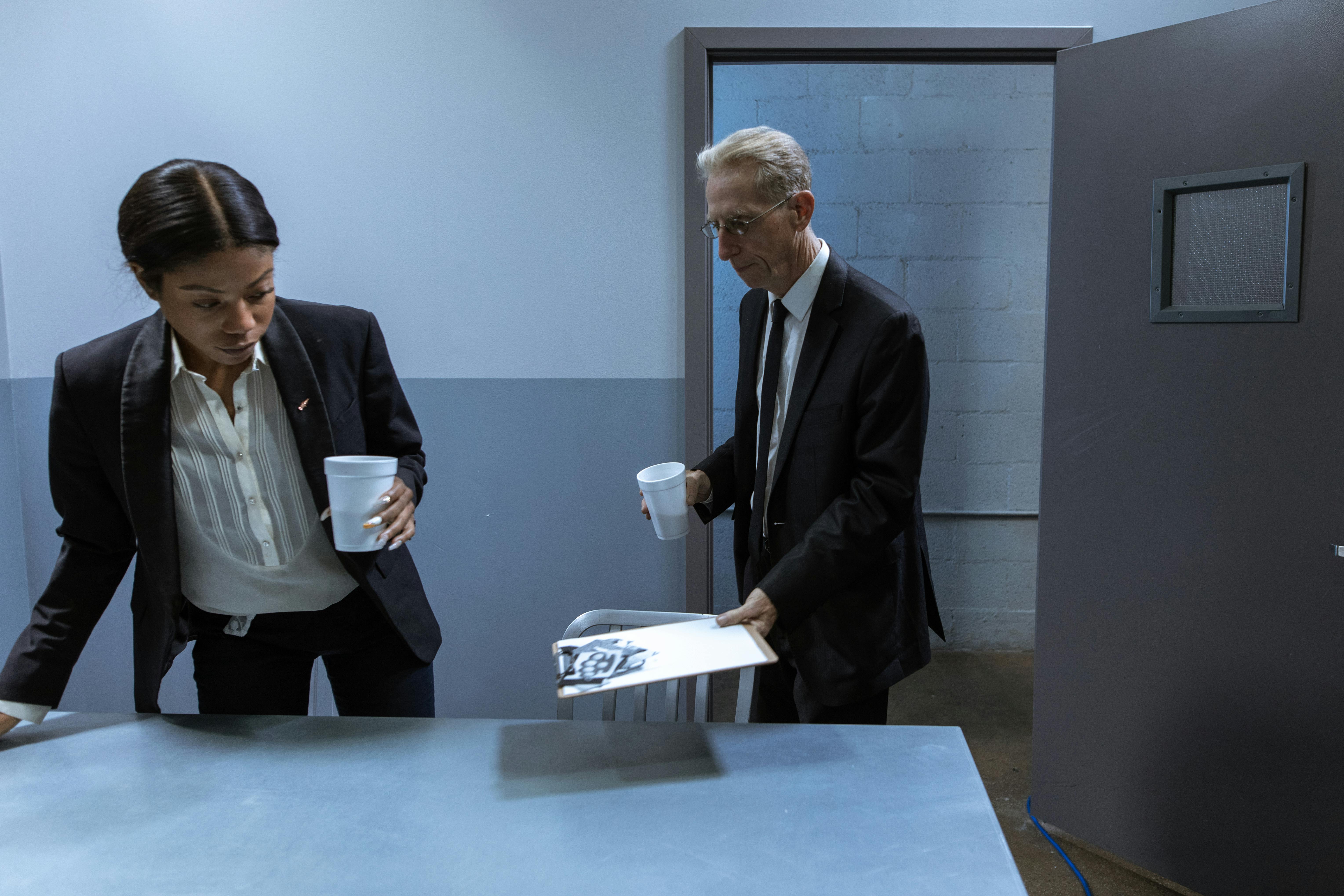In Spain it is quite common to read and see translated works. Often a movie is dubbed. That’s what I’m thinking as I read this book.
It is difficult to write about this book, about this biographer, about politics, football and fans. Especially in the game of football: you are for or against. Barcelona or Madrid, Manchester or Liverpool, or in this case, Argentina or England.
That is what I think this book will do: divide, those who are in favor of Argentina and Maradona and those who are against him and them.
It is a book with political, social and religious points of view. The first chapter is called “Resurrection”. It is also about politics, about the Falklands war in 1982 and it is about football. Through this the image of Maradona is outlined.
In the introduction to this biography, the author writes about the moment when he fell into a depression, in parallel with what happened to Maradona at that moment. The meaning of this revelation is more important than he could have imagined at first. I keep wondering why he feels depressed after finishing this biography. Does he realize what he has done? Is that it, I wonder?
The biography has never been authorized by Maradona, but that happens a lot. However, biographies can be very interesting. This work has been painstakingly prepared, but it is easy to digest for those who wonder: “Who is the author of this work, who is Jimmy Burns? Whose side is he on?”
It turns out that he has English and Spanish roots and that is the first problem. This is linked to the second problem of linking too much in the same work: politics, social life and religion.
The Argentine fan will not accept the result, and Burns is quite frank about it in his introduction.
“In England,” he writes, “people would love to have a foreigner write about Charles and Diana.” But in Argentina they don’t see it that way. I think they feel betrayed.
The conflict begins at the beginning, with the subtitle: the hand of God? Or is that the real title? And is “The Life of Diego Maradona” the subtitle? Has the author forgotten his background when referring to this goal in Mexico when Argentina played against England?
The fact that Burns has Spanish roots (he was born in Madrid) does not change the fact that the biography is not accepted in South America. Spain is as much a rival as England for Argentina.
The religious focus also makes it less credible. Soccer and religion form a stable couple, but also an explosive one. Why the book is structured with religious themes, such as “resurrection”, “a child is born” and “to the temple”, is what I wonder. The hand of God. From the very first sentence we learn the basic premise: this is the story of a player who thought he was god and suffered as a result.”
That explicit message makes one wonder. How could he be so sure? Or let me rephrase this, could it be that he suffered for other reasons? Or when he became a god, when did he start thinking like that?
But these or many other questions no longer matter; the verdict has been handed down…
The social, political and religious point of view has made the work more provocative and less universal. Either you like the ideas or you don’t. You are on the British side of the Falklands war or on the Argentine side of the same Falklands war. Do you believe what he writes about Argentine culture, about his “hero” Martín Fierro about his language and the role of “deceiving” or do you think that everything is fiction and laugh at the so-called “Fair Play” in the United Kingdom.
According to this, the real content about football and the person of Maradona may not be delivered. There is quite a bit of interesting content, about Pelé and Cruyff and his opinion of Burns about Maradona’s technical qualities.
Aim,
And that is my opinion. When it comes to the life of Maradona, I would rather read not the subtitled “film” but the real one, from the field and not from a foreign reporter. To read from a native speaker, or in the worst case, someone from Uruguay who became an Argentine citizen. That’s why I would prefer “Soy Diego” by Daniel Arcucci and Ernesto Cherquis Bialo. At the risk of being more autobiographical than biographical, but would the conclusion be the same? As a judge, I would give most people the benefit of the doubt.
No God, just Diego.
HJB
